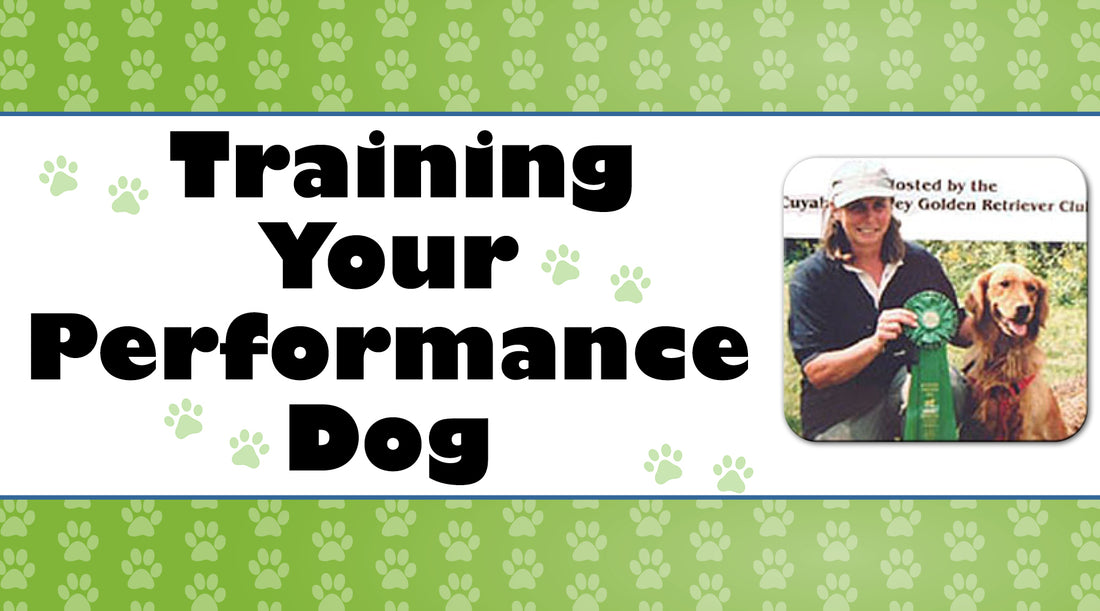Focus. Attention. Engagement. Cooperation. We hear these words all the time, but what does it all mean? How do we obtain it, and how do we keep it?
In the beginning stages of training, we use food or toys first as lures and eventually as rewards to pay our dogs for performing certain tasks. This approach works very well with most dogs. Problems arise if you want to progress beyond the venues where you can use food as a lure or carry food with you and reward with it. If your performance is based upon your dog believing that food is present and will be forthcoming for certain behaviors, you will be limited as to how much you can achieve.
Dogs must choose and want to give us attention and focus and be willing to join us and cooperate with us because it is a good deal and an enjoyable experience.
Focus and attention to you can be enhanced in everyday life with your dog. Every time your dog looks at you or chooses to engage with you, acknowledge his attention and enjoy him. Work on building your relationship with your dog wanting to give you attention, not you pursuing the dog to get his attention.
Consider whether your dog is stressed, anxious, or fearful of the environment, or is the stress coming from you? Or perhaps some of each. Is the environment overwhelming to your dog because your dog is extremely curious and has not developed the ability to concentrate on a single task but just flits from one environmental distraction to another? Your dog’s breed and temperament will influence whether he is stressed or wary of the environment or wants to engage with every smell, sight, or noise he encounters. Some dogs are more introverts where others are extroverts. You need to understand and work with the dog you have.
Some dogs need quite a bit of emotional support, whereas others are quite independent. You need to understand your dog’s emotional make up when you plan a training session.
Sometimes your dog’s inability to focus has nothing to do with the dog or environment. It has to do with poor training. Poor training and lack of clarity in training will cause a dog to be confused, anxious, frustrated or just shut down or leave.
Training, when done correctly, should strengthen your relationship, and training should be an enjoyable, rewarding session for both dog and handler. The dog understands you will be fair and clear in your teaching, and therefore he will be willing to try and solve problems and enjoy putting forth effort. The handler, in turn, will be patient, fair, and supportive of the dog’s efforts. The more you build your relationship, the more your dog will focus on the tasks and engage with you because work is fun for both of you!
Remember, every time you set up a training session, go to a class, a show, or a trial, you set an emotional tone for the event. If these experiences are not pleasant and confidence-building for your dog and enhancing your overall relationship, you will be undermining the foundation of trust you need to have with your dog. No amount of food can substitute for poor training.
Carolyn Fuhrer has earned over 130 AKC titles with her Golden Retrievers, including 4 Champion Tracker titles. Carolyn is the owner of North Star Dog Training School in Somerville, Maine. She has been teaching people to understand their dogs for over 30 years. She is also an AKC Tracking Judge. You can contact her with questions, suggestions, and ideas for her column by e-mailing carolyn@northstardogschool.com.

